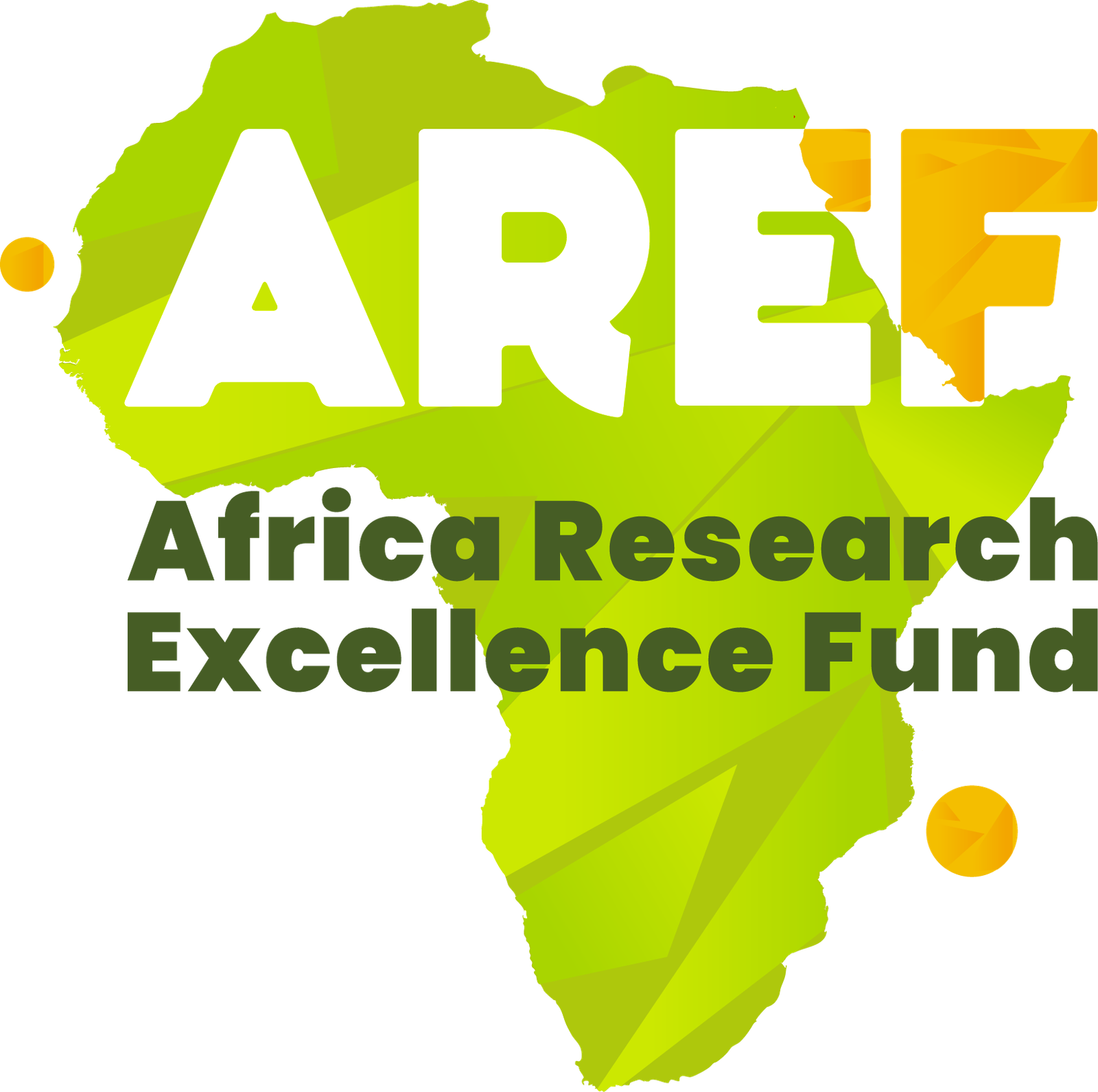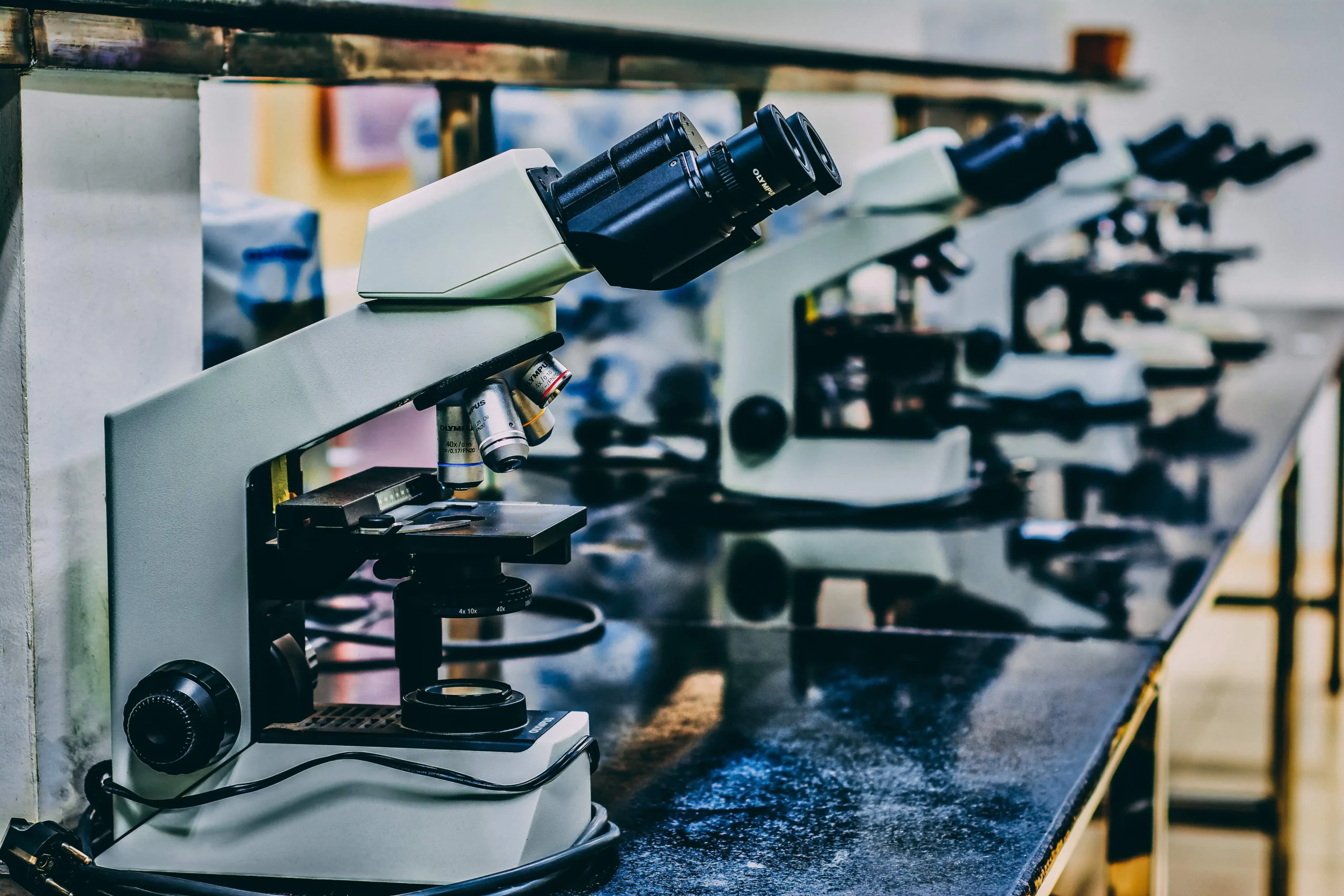Employing institution: KAVI-Institute of Clinical Research, Kenya
Host institution: Karolinska Institutet, Sweden
Project title: Acquisition and transfer of novel techniques to unravel host susceptibility factors to Sexually Transmitted Infections.
Dr Langat holds a bachelor’s degree in Medical Laboratory Sciences from Mount Kenya University, Kenya, and a postgraduate Diploma and PhD in Immunology from Imperial College London, UK. His current research interests are in HIV mucosal immunology, transmission, and prevention sciences at KAVI-ICR and defining antiviral humoral immunity against SARS-CoV-2 in Kenya. His key interests are approaches that provide unique insights into spatio-temporal attributes generated from imageries that focus on earlier events of HIV transmission in human tissues.
AREF Fellowship:
The impact of sexually transmitted infections (STIs) on sexual and reproductive health in resource-limited settings is profound. To limit the high mortality and morbidity caused by STIs there is an urgent need to develop preventive and therapeutic interventions against STIs.
The molecular signals of epithelial barrier dysfunction in Kenyan women having a non-optimal cervicovaginal microbiome composition have been identified using conventional protein and transcriptomic profiling of genital tissue samples. Dr Langat will use spatial transcriptomics and in situ sequencing to define the dynamics of epithelial barrier function of the FGT in tissues challenged with infectious HIV. Strengthening the genital epithelial barrier as well as modulating signalling pathways and immune functions with novel compounds would be important advances to prevent and treat STIs.
Dr Langat’s placement is at Broliden’s laboratory at the Karolinska Institutet, a team with experience in explant model, immunohistochemistry and immunofluorescence staining, and imaging techniques. Additionally, he will visit SciLifeLab (Campus Solna) to learn the methodological basics of spatial transcriptomics and in situ sequencing and ultimately transfer to KAVI-ICR. KAVI-ICR is in the process of procuring computing platforms to support bioinformatics analysis of data that will be generated from spatial transcriptomics and in situ sequencing.
“This fellowship offers me an opportunity to learn advanced techniques in spatial transcriptomics and in situ sequencing, network and collaborate with researchers from Karolinska Institutet.”



